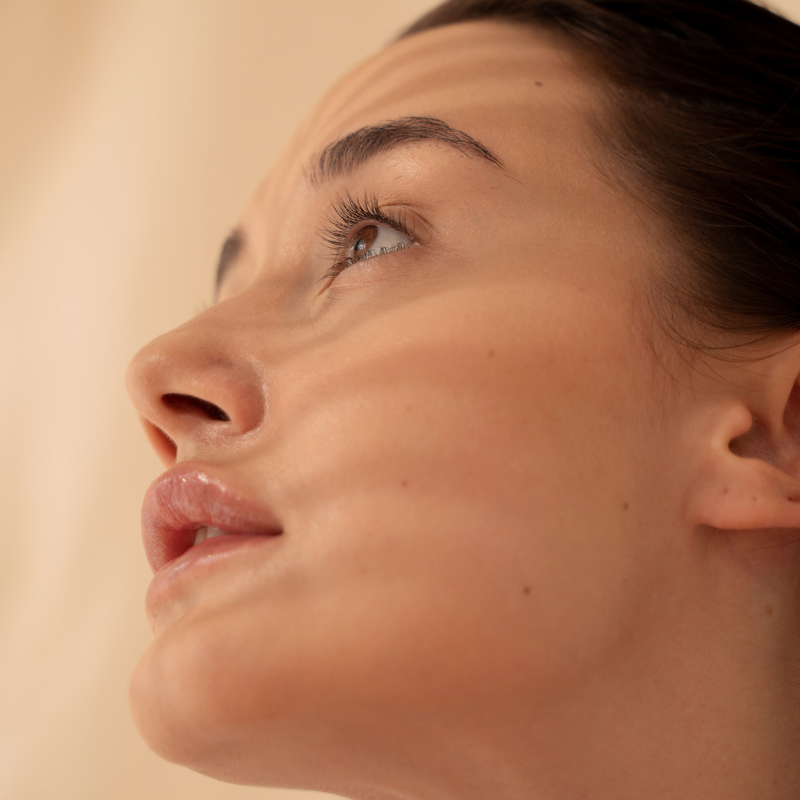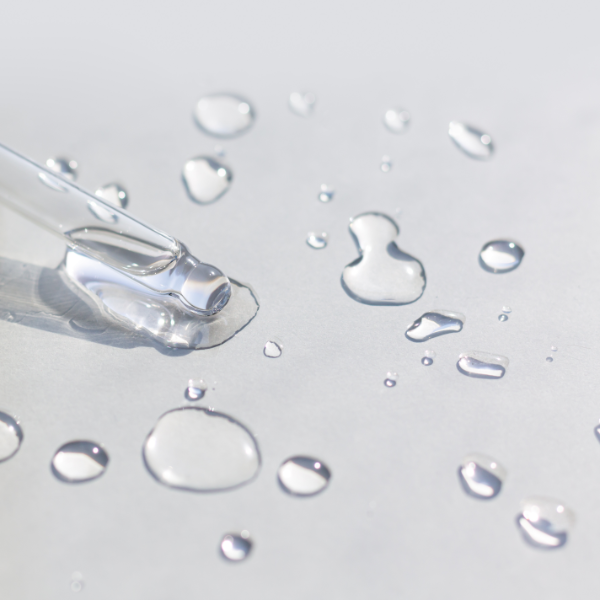What You Need to Know About Silicones in Skincare
by Deborah Duffey, Chief Product Development Officer and President February 17, 2023

Despite the negative press around silicone and advice to avoid it in your skincare products, we have some welcome news: silicone in skincare is safe. It’s not only okay to use products with silicone, but they actually have some major benefits that you’ll miss out on if you skip it.
You’ll most often see silicone in your products in the form of dimethicone and cyclomethicone – notice the -cone ending, which is a good sign that an ingredient is a silicone. They can appear in many products, but in skincare products you’ll often find them in moisturizers and sunscreens. They are what gives primer that silky smooth feel, and what helps conditioners keep your hair frizz-free.
Why Silicone Got a Bad Reputation
It’s important to understand why silicone and its derivatives started to be criticized in the first place. One big reason is the rush to use only organic, natural skincare products. Silicone is a manmade ingredient, so it quickly made the list of things to avoid. It was also the victim of myths, like it clogs pores, or that it’s toxic to the body. Neither of these is true, and in fact, if you’re skipping products due to the inclusion of silicones, you’re missing out on some real benefits.
How Silicone Benefits Skin
Did you know that silicone and silicone products are often recommended medically to help heal incisions after surgery? They can prevent scarring, speed up wound healing, and keep skin healthy. Day-to-day, silicone in your skincare products can have a ton of benefits, too. Most notably, silicones protect, moisturize, and heal skin. They can prevent TEWL (transepidermal water loss), which means that they keep moisture in the skin from evaporating and decrease skin dryness. Because of how well they add hydration to skin, they are often added to moisturizers and similar creamy skin products.
Even those with acne-prone skin can benefit from silicones, since on its own it won’t clog pores. Despite acting like an occlusive in some ways, silicones are actually breathable so they won’t trap acne-causing bacteria in pores, or be pore-clogging on its own.
When used in skincare products, silicones not only have their own benefits, but they also help enhance the other ingredients and improve the texture of the formula. In products used under makeup, they can also make skin appear smoother by filling in uneven texture and scars. Another plus: silicones often feel much better on the skin than petrolatum, an ingredient with similar benefits. If a product has a silky smooth feel, you probably have silicones to thank.
Overall, the list of benefits from silicones is long, and in the end the myths around silicones being in any way “bad” for skin are completely false. As long as you don’t have an allergy to silicone, choosing a product that uses silicone and its forms is completely safe. To see the benefits of silicones for yourself, try the Balancing Antioxidant Treatment or the Eyewish!™ Bioserum.




